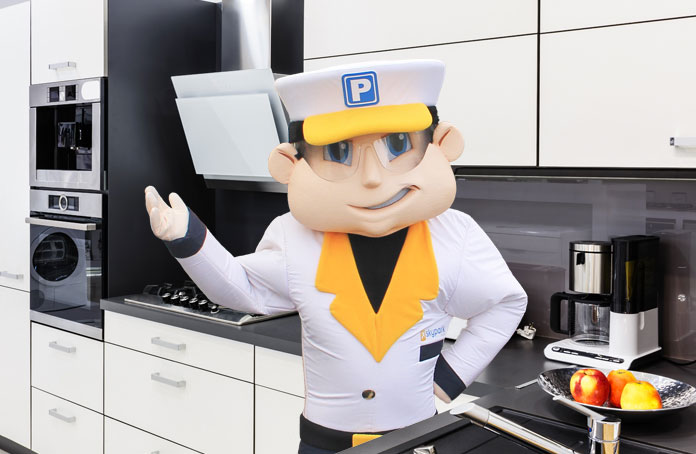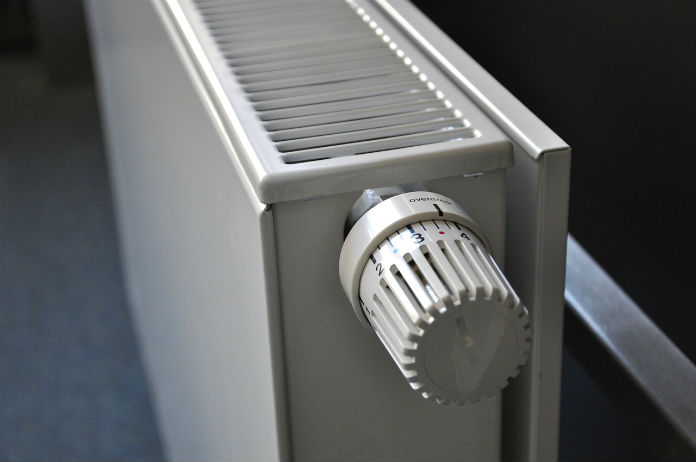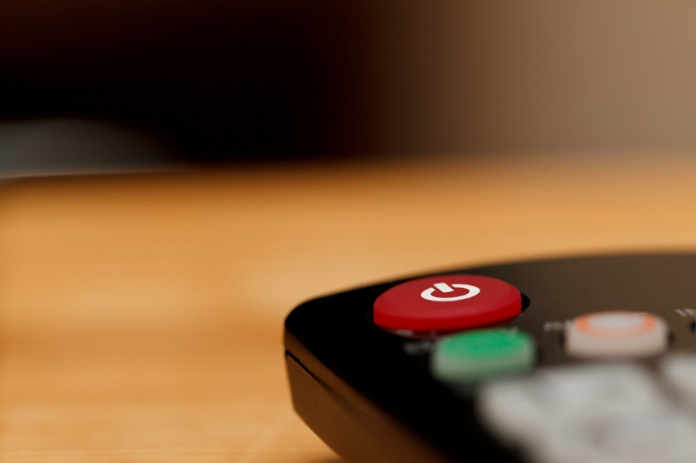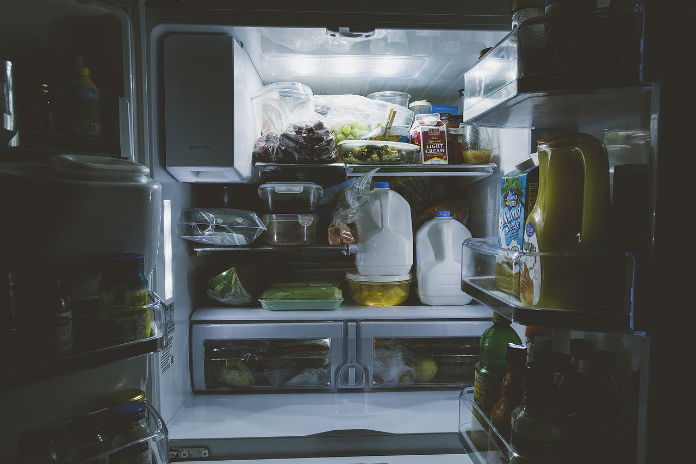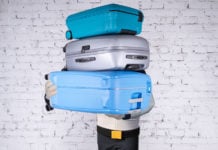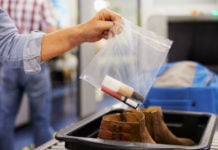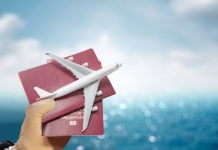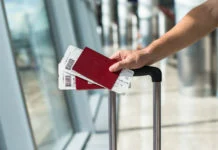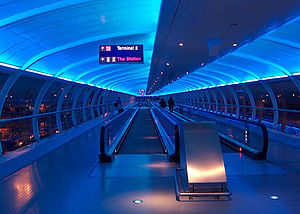Whether you want to save money or have safety concerns, Beckie Hatton from Home Appliance Care offers her advice for holiday-goers wondering which appliances to switch off before they leave.
You’ve finally managed to get away for that well-deserved holiday. So why let worry spoil things? Over 50% of Brits feel uneasy about leaving their homes unattended for an extended period (Hive), and 1 in 5 of us have left for a holiday, only to turn back — often because we think we’ve left an appliance switched on.
To give you peace of mind for your upcoming holiday, here’s a brief roundup of which appliances to switch off, unplug, or check before you go. Especially if you’re travelling during the winter months and need some energy savings tips for whilst you are away.
Why Do I Need to Check My Appliances?
A lot of the items on this checklist can help keep your bills down while you’re away. For example, there’s no point in wasting energy heating your hot water if there’s nobody around to use it. So, it can be switched off to save you money.
Secondly, checking and switching off the right appliances is important for fire safety. Fires can break out if things are left plugged in but, at the same time, some electrical appliances help things tick over smoothly while you’re away and prevent fires. This checklist can help you figure out what’s best to unplug and what to leave plugged in.
Finally, checking your appliances can be handy for security, as a home that is obviously empty is very tempting for burglars. It’s a good idea to tell a relative, friend or neighbour that you are going away and leave a key with them so they can switch your lights on and off. If no-one’s available, you can look for timers on your lamps and light fittings that can turn them on automatically when it gets dark.
What About My Water, Heating and Gas?
Water escaping from a dripping tap or leaky pipe not only costs you money over time but could short out electrical wiring and cause a fire. To reduce the risk and save on your bills, turn off your water at the mains.
Turn off all gas appliances that are not required to run while you are away, such as cookers and fires. Your heating is probably turned off anyway in the summer but, if you’re going away in winter, set it to come on once or twice a day for an hour or so. That way, your pipes won’t freeze if there’s a particularly cold day while you’re on holiday.
What Should I Do with My Electrical Goods?
While it would be handy if we could just switch off our electricity at the mains, not every electrical appliance should be switched off before you go. It’s important to leave on a few self-timed lamps so it looks like there’s somebody home, your fridge (if necessary: more on that later), and your TV recorder box, depending on how important your shows are.
Otherwise, turn off and unplug all unnecessary electrical appliances to save money and reduce the risk of a fire. Look for TVs, radios, computers, and routers in your living room, and kettles, toasters, and microwaves in your kitchen — anything that’s not essential.
Should I Unplug My Fridges and Freezers?
Fridges and freezers use a lot of energy, but it’s important that they are kept running to prevent food from spoiling. Plus, a warm fridge/freezer will leak water which is a potential fire hazard. So, if you have a full fridge/freezer, it’s best not to turn it off.
Alternatively, try to use up your food before you go so that your fridge/freezer is empty. Then you can go ahead and power it down. However, don’t do this just before you leave— you’ll come back to a flood! Only switch off an empty fridge/freezer that’s been defrosted using towels or a tray to catch the water, then cleaned out with soap. Top tip: leave the door or lid open while you’re on holiday, too, to air it out and prevent mould from growing.
The tips in this guide can help you to figure out what to turn off when you leave for your holiday, saving you money as well as reducing the risk of a break-in or fire.


